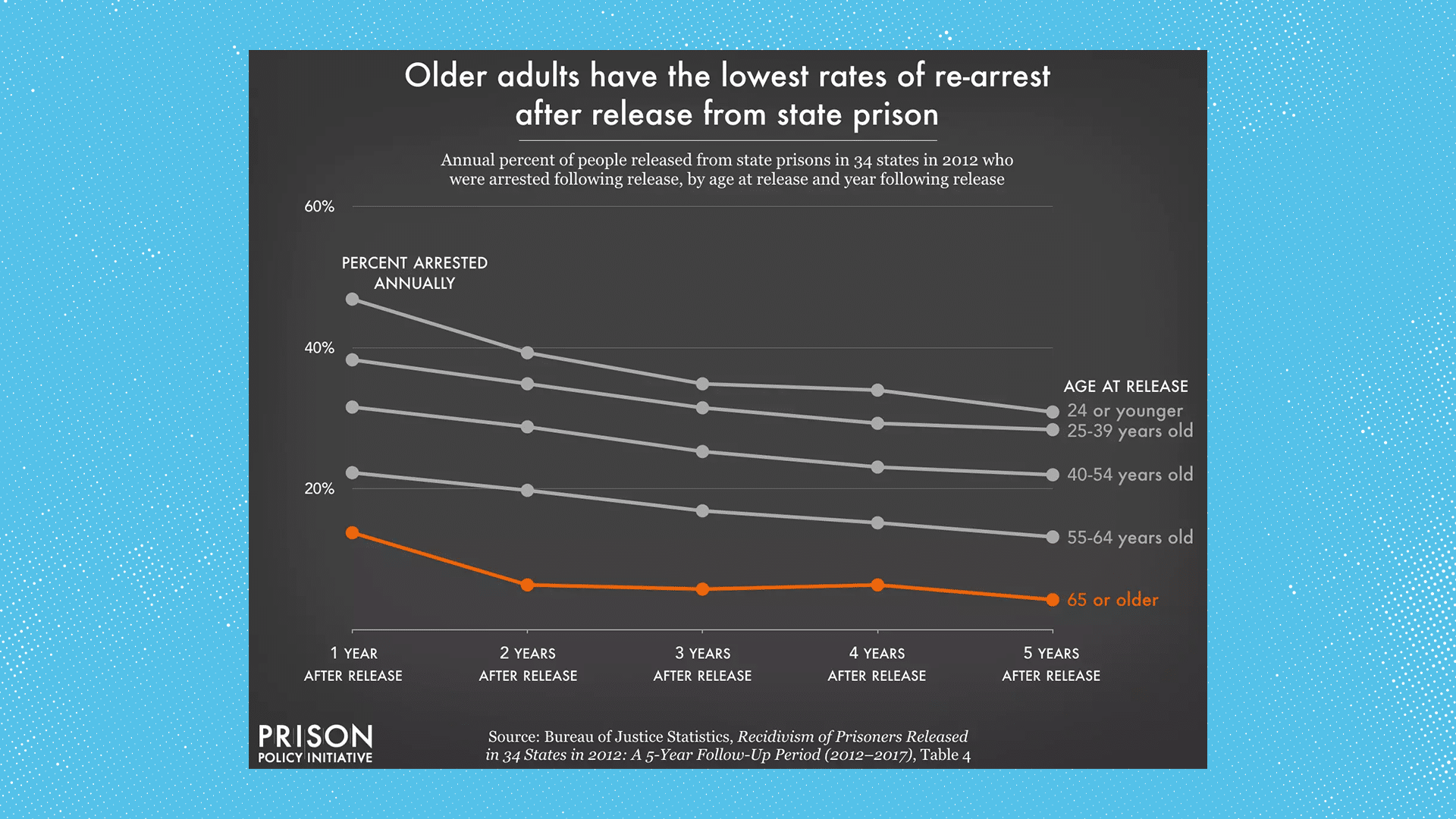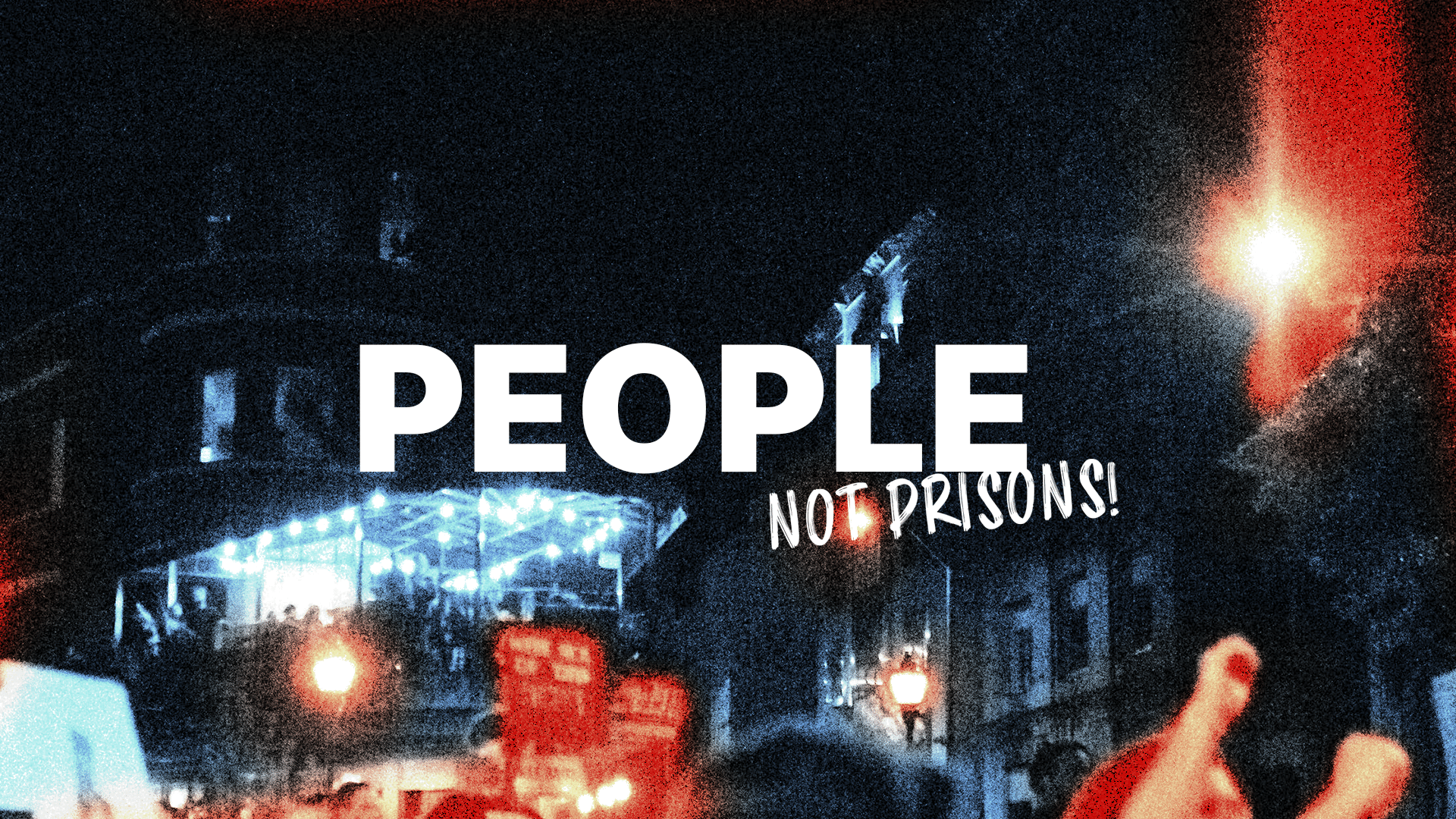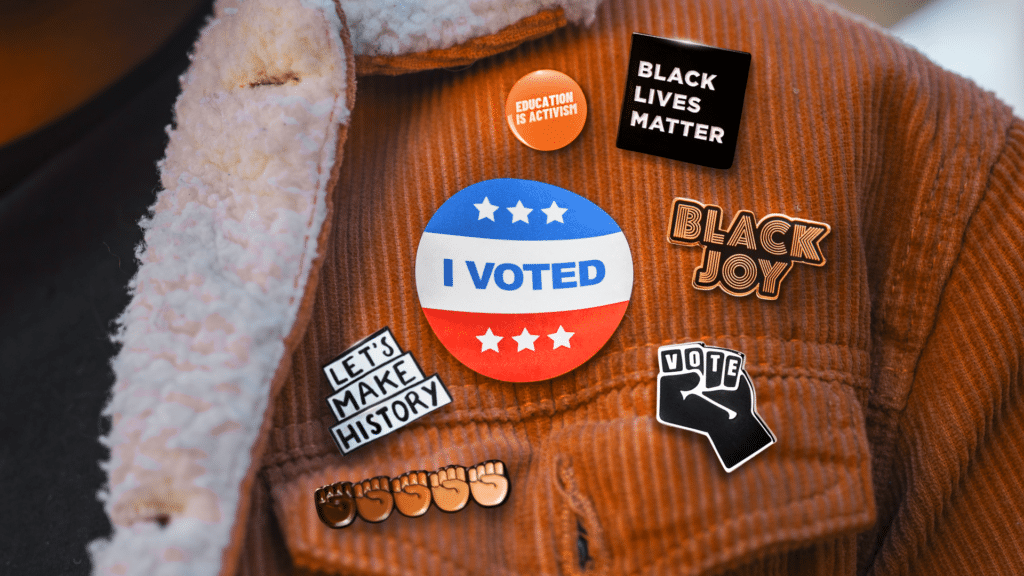Fear-mongering doesn’t work. Let’s commit to something different.
When we consume the news, something doesn’t add up. Sensationalized reporting suggests our communities are unsafe, thanks to an “if it bleeds, it leads” mentality — even though new data show that violent crime rates are dropping (with 2023 showing one of the fastest rates of decline ever), and voters in the 2022 midterms rejected sensationalist language.
Social justice organizations like all of ours have to keep the real criminal justice issue, and real solutions, from getting buried: Our current criminal justice system is anything but just, and we need public investment in community safety beyond police and prisons.
Getting the facts and solutions back into the headlines demands that we share compelling stories about transforming the criminal justice system (like this). Our stories must be supported by powerful visuals and reliable data (like this), and we must consistently shout out ways for our audiences to mobilize together (like these).
As you work with journalists and plan your 2024 campaigns, bookmark these resources to help you do just that.
Wielding messaging to overhaul the criminal justice system
 Appleseed network is made up of a network of 18 justice centers, and works to fight inequality, combat discrimination and advance a fairer criminal justice system for all. This organization came to Mixte with a project that was simple in theory, but massive in scope: develop effective messaging that can move the needle on criminal justice reform.
Appleseed network is made up of a network of 18 justice centers, and works to fight inequality, combat discrimination and advance a fairer criminal justice system for all. This organization came to Mixte with a project that was simple in theory, but massive in scope: develop effective messaging that can move the needle on criminal justice reform.
How our aging prison population shows the need for a better narrative
 When our society clings to a sensationalist criminal justice narrative, what happens long-term? People grow old in cages.
When our society clings to a sensationalist criminal justice narrative, what happens long-term? People grow old in cages.
Recent Census data show that the U.S. prison population is aging much faster than the nation. This includes people like Morris Grady. As an incarcerated older person, he, his wife and fellow advocates are fighting to help elders in prison return home. Otherwise, they risk serious illness and insufficient health care — all needlessly, as they are the least likely of any age group to be re-arrested.
This underscores the urgency of curbing our society’s ravenous appetite for criminalization. Telling a new story, one that shifts hearts and minds toward a more humane approach to public safety, can keep our elders from dying behind bars.






